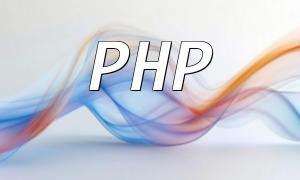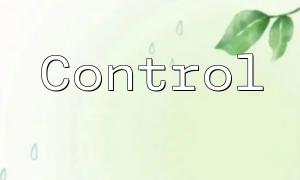Overview:
PHP, a popular server-side scripting language, is widely used in web development. PHP extensions are a technology closely tied to C/C++ programming languages, allowing PHP to provide rich functionality and performance optimization. This article will guide you through learning C++ development and how to use it to create flexible and scalable PHP7/8 extensions, providing a deep understanding of PHP's underlying mechanisms and its interaction with C++.
Here is a simple example demonstrating how to create a PHP extension and add a custom function. For simplicity, we create a basic math extension with two functions: addition and multiplication.
#include <phpcpp.h>
Php::Value add(Php::Parameters params) {
int a = params[0];
int b = params[1];
return a + b;
}
Php::Value multiply(Php::Parameters params) {
int a = params[0];
int b = params[1];
return a * b;
}
extern "C" {
PHPCPP_EXPORT void *get_module() {
static Php::Extension extension("math_extension", "1.0");
extension.add<add>("add");
extension.add<multiply>("multiply");
return extension;
}
}
The configuration file is named math_extension.ini, and its content is as follows:
extension=math_extension.so
$ g++ -fPIC -shared -o math_extension.so math_extension.cpp -I /path/to/php7/include/php -lphpcpp
Copy the generated math_extension.so file to the PHP extension directory (the location can be found via the phpinfo function).
<?php echo add(2, 3); // Outputs 5 echo multiply(2, 3); // Outputs 6 ?>
In this example, we use the Php::Extension class to create an extension object and register the add and multiply functions as PHP callable functions. During compilation, we need to specify the PHP header file path (using the -I option) and the phpcpp library (using the -lphpcpp option). Finally, we copy the generated extension file to the PHP extension directory and call it in the PHP code.
Learning C++ development and creating flexible and scalable PHP7/8 extensions is a valuable skill. By learning C++ and understanding PHP extension development principles, we can gain a deep insight into PHP's underlying mechanisms and extend and optimize PHP applications through custom extensions. We hope the examples and steps provided in this article will be helpful in your learning and practice.









